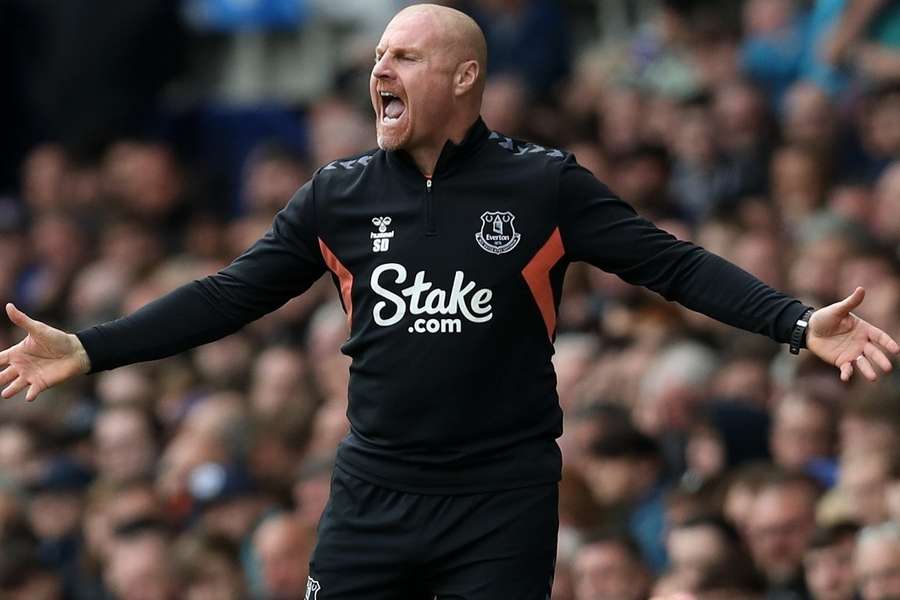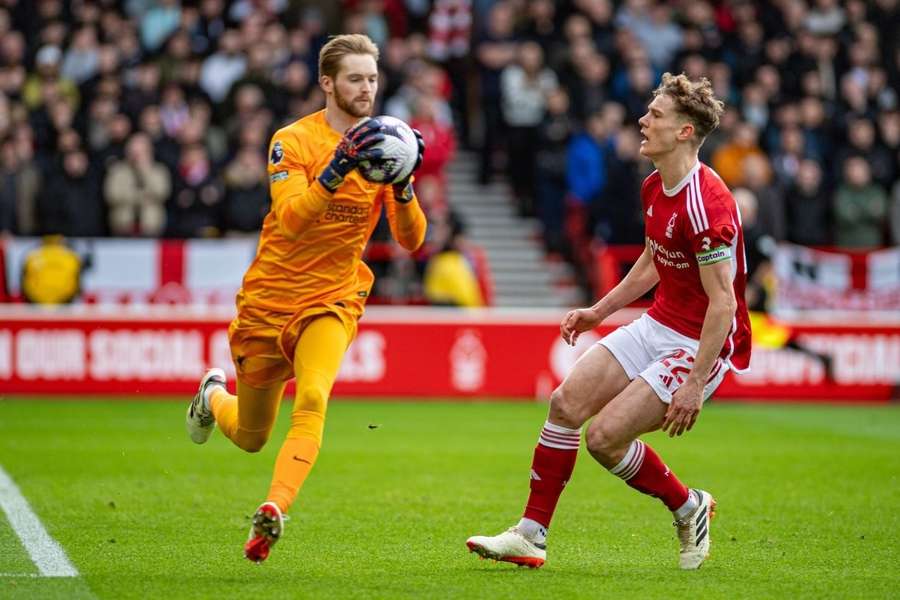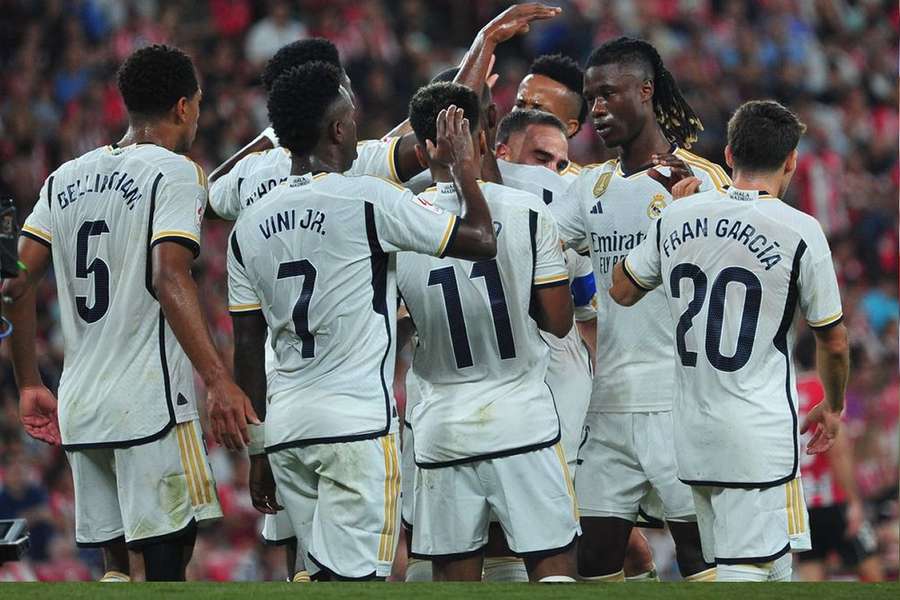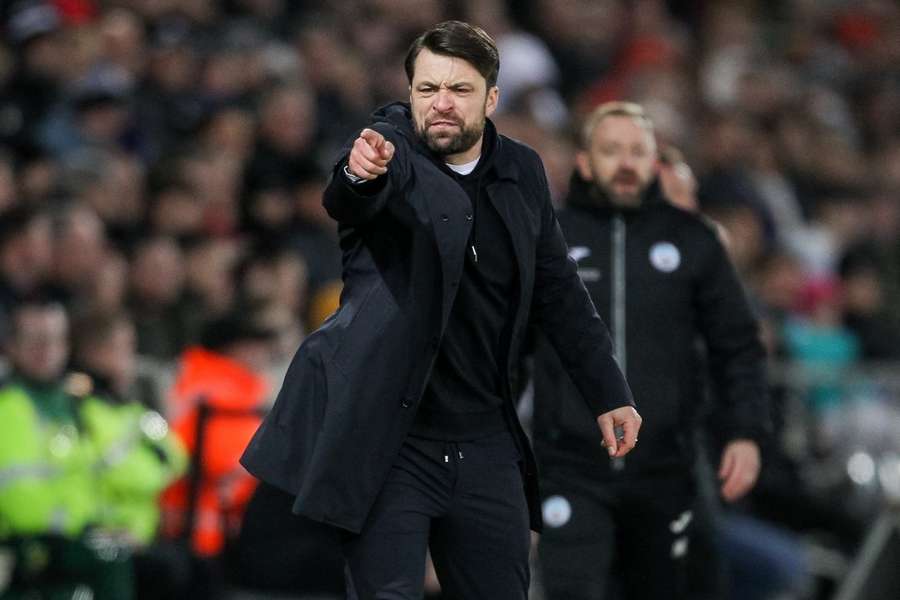Uniting Clubs and Bodies in Scotland to Enhance Pathway for Young Players: Steve Clarke's Vision

Steve Clarke is optimistic about Scotland's potential to replicate Croatia's success in international football, but he recognizes that some changes need to be made in order to improve the pathway for young players.
Scotland suffered their first defeat in five matches against Friday's visitors to Hampden when they went down 2-1 in Zagreb in the UEFA Nations League last month, but Croatia have been far more successful on the bigger stage, and for a sustained period.
Croatia have managed third-place finishes at the 1998 and 2022 World Cups as well as finishing runners-up in 2018, and were also beaten finalists in the previous Nations League.
With a population of less than four million, slightly lower than Scotland, the country has long been held up as an example of what might be possible if Scottish football can nurture talent.
Clarke said: "They've got a system set up right from the young ages all the way through because they seem to have a conveyor belt of talent. They keep bringing players through.
Trending"They also have a lot of players with longevity at the top level, with over 100 caps or between 75 and 100.
"They've just got the balance right. They produce a lot of good young players and allow them to play a lot of games in their own country before they move out - which is a really good grounding and something we can maybe get better at here.
"And they show a pathway for the young players. There's a lot we need to try and change if we want to get better.
"We can get to that level but we still have a lot of work to do. At some stage, people have to sit down - a think tank or whatever - and try something a bit different that we haven't tried before to see if we can improve it.
"If we keep doing what we're doing, it's not going to get better."
'Everyone must unite to deliver change'
Clarke's focus is on getting three points on Friday to ensure Scotland have the chance to stay in the elite level of the Nations League, but he believes others have to examine how to get more young Scottish players competing at the highest levels of domestic football.
"I'm Scotland head coach and in these camps, I concentrate on trying to get the results and performances the Tartan Army want because they come and watch us," he said.
"Going down into the youth level needs someone with a different skillset - or me to step away from this job and really think about it more deeply.
"But if we continue to do what we're doing, we'll always get what we get. We have to try and find a way but the change has to be driven from the top. They have to understand we need to change.
"I'm sure previous head coaches have said it before, going way back.
"Is there an understanding from the top? Yeah, I think there is, but it needs a collective. It's not just the people at the Scottish FA, it's the people that are in charge at the clubs.
"Everybody has to sit down and try to work out a way that we can improve going forward."
A recent Scottish Football Association report revealed the country "lags significantly behind comparable nations in terms of young player minutes at every level of the game", with the ages of 16-21 a particular problem.
The former Kilmarnock manager added: "As a club manager you're under pressure every week to get results and if that means that you find more experienced players sometimes that's what you do.
"If you go back to when I was coming through, St Mirren and Aberdeen, Dundee United, they all had Scottish players and they were good.
"I don't think we'll ever go back to the Utopia where you've got 16 Scottish players at one club that feed the first team. That's not going to happen anymore. At the moment, you've probably only got two or three that are in and around the fringes at most clubs.
"Can we get more? Can we get half a dozen? Can we get eight? That's the type of numbers that I think we should be looking to get."
What is next for Scotland?
RELATED STORIES

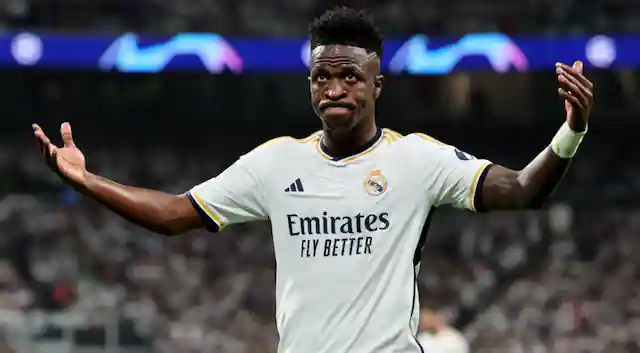




LATEST NEWS
